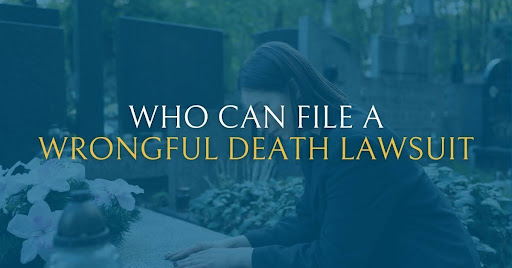The answer to this question invokes the important distinction between a “right” and an “expectation.” Most people expect to inherit from their parents, but generally speaking no one has the right to inherit from their parents.
A recent Florida case discussed the purported right to a future inheritance in the backdrop of a case with unique facts. Specifically, a son owned a townhouse 50/50 with his dad and his dad’s wife at the time. A few years later, Son executed a quitclaim deed giving his one-half interest in the townhouse to his Dad and Dad’s now ex-wife, resulting in Dad and Dad’s ex-wife each owning a half interest in the whole property as tenants in common. Dad died intestate (meaning without a will), survived by two heirs: Son and his sister. The Son claimed half of dad’s intestate estate, including a share of Dad’s interest in the townhouse. Dad’s ex-wife objected, arguing Son should not receive any part of the townhouse because when he deeded his interest to his dad he also conveyed any right he may have had to the property under Florida’s intestacy laws.
The ex-wife also argued that Son had no right to the property under the “after acquired title” doctrine, which generally addresses the situation in which a person purports to convey to another an interest in property he does not possess and then, after actually obtaining that interest, seeks to avoid the consequences of the conveyance on the ground that he had no interest to convey in the first place. The trial court agreed with the ex-wife and ruled against Son.
The appellate court reversed, rejecting both arguments made by the ex-wife. As to the after acquired title doctrine, the Court held that it was inapplicable because Son did in fact possess the interest in the property at the time the property was conveyed, and there was no evidence of fraud. The Court then addressed the important issue of whether Son’s conveyance of the property by quitclaim deed also conveyed Son’s future rights as an intestate heir of his late father’s estate. The Court ruled that it did not, primarily because a quitclaim deed conveys only that interest in a property held by the grantor at the time of the conveyance. Any right Son had to take an interest in the property as a beneficiary did not exist at the time he executed the quitclaim deed. In other words, “the possibility that a person will inherit property from an ancestor is but an expectancy and not an interest in property.” Son had no interest in his dad’s estate at the time he conveyed his interest in the property, so he could not convey something he did not possess. Accordingly, the Court reversed the trial court’s decision and ordered that Son was entitled to a one-half interest in his late father’s townhouse.
In reaching its decision, the Court noted that if Son and Dad wanted to extinguish any future rights in the property, they could have done so in the deed itself. Because they did not, Son could only convey the interest in the townhouse he had at the time.
If you have a complicated Will or Real Estate matter ask our experienced lawyers. Contact us today.









